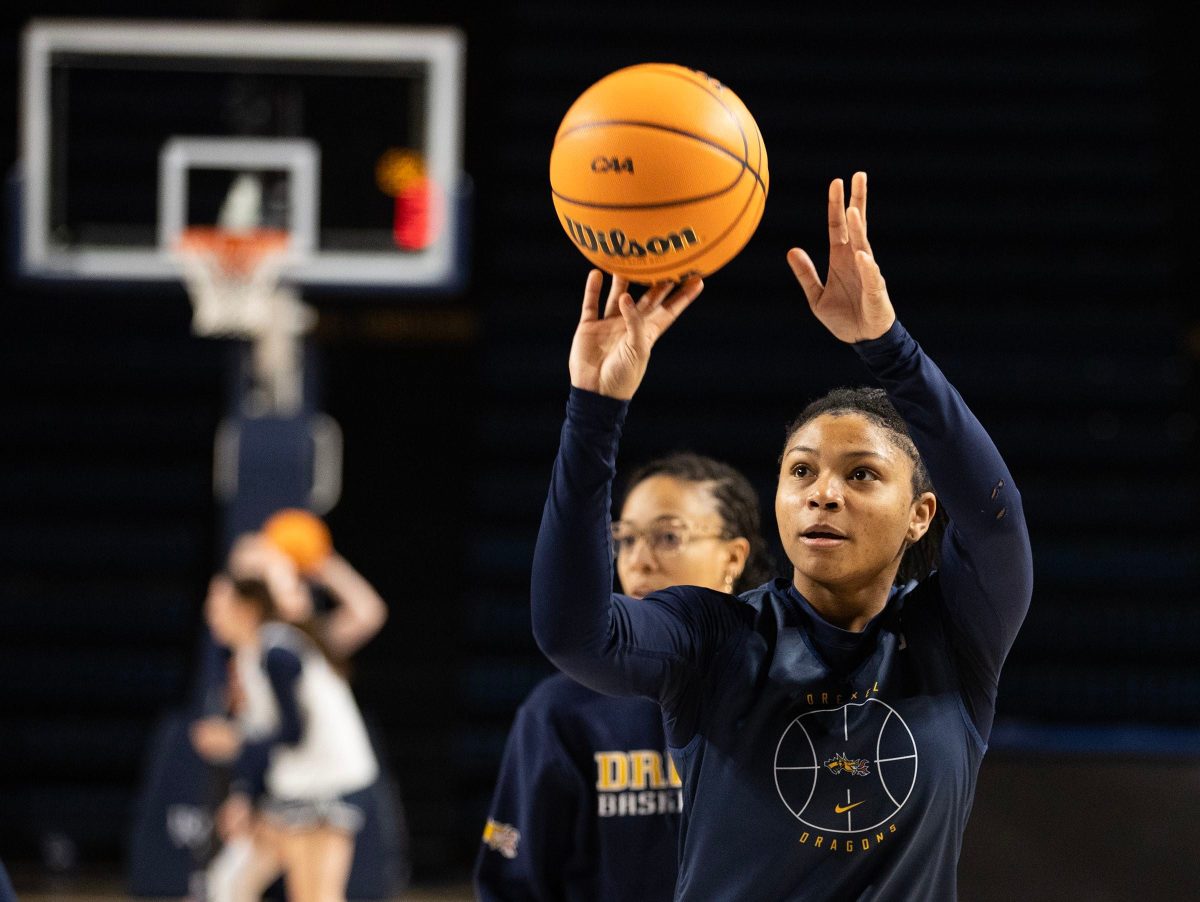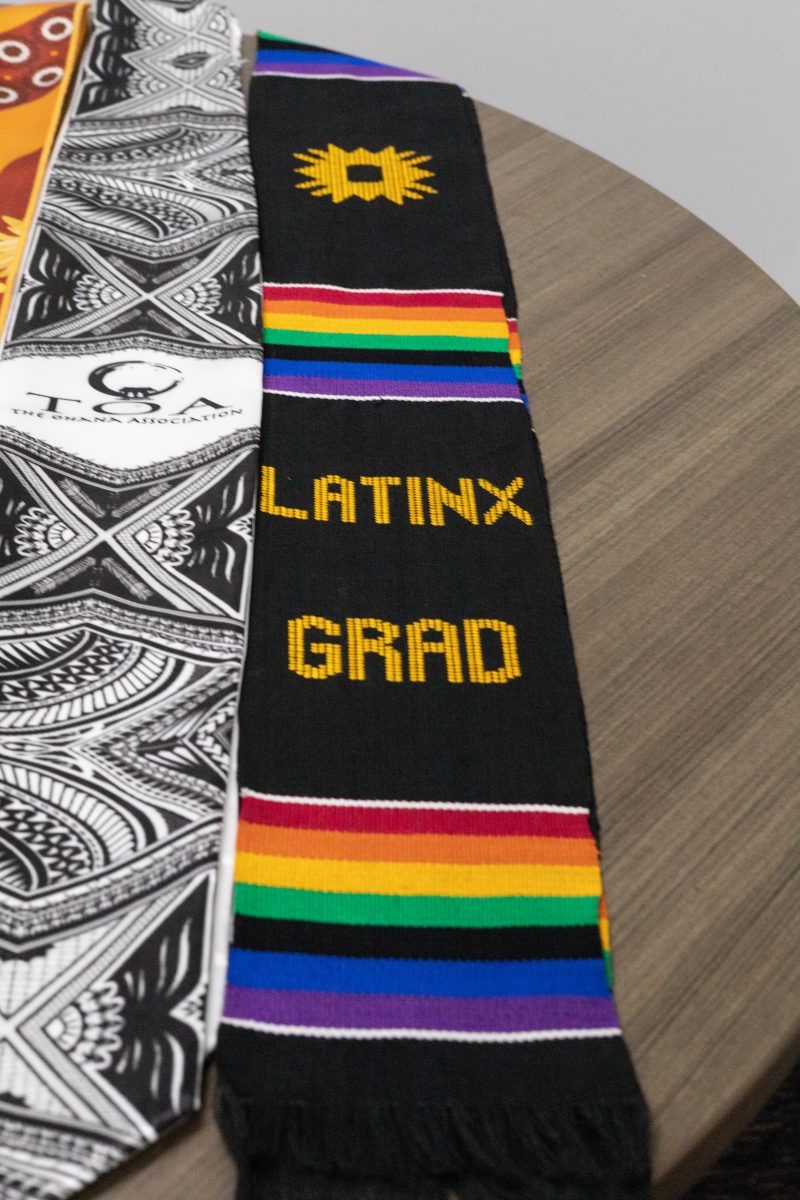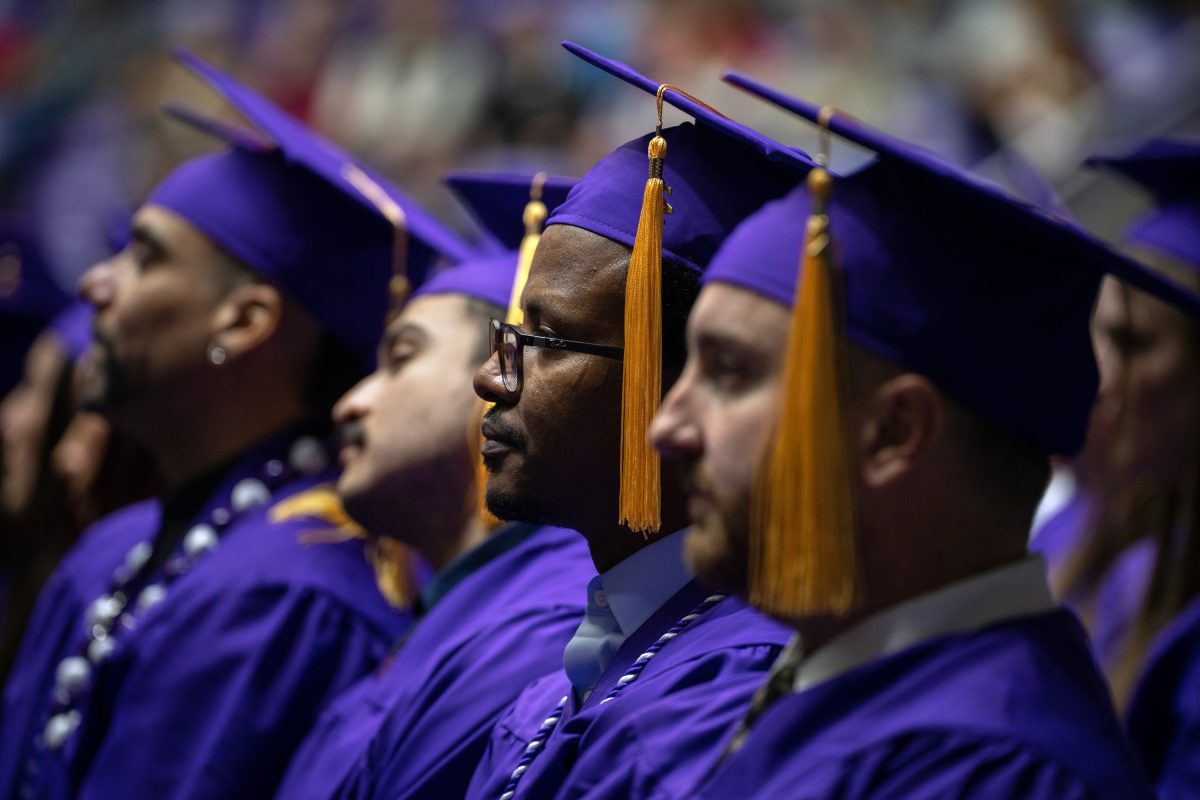
Last Friday carried on almost exactly the same as the week before, with one exception. In the midst of my daily quarantine routine — which consists of staring at Twitter, sleeping and eating in various intervals — an email hit my inbox that I’d been eagerly anticipating.
“Thank you for your interest in joining our team!” The email came from a potential employer, whom I had submitted an application to months prior. “We appreciate your patience as we work through the ambiguity that we all face right now due to COVID-19. In light of this uncertainty, we are prioritizing the care of our current team members globally. In order to do this, we have decided not to add any new team members at this time.”
This type of notification has become increasingly common during my job search as a soon-to-be graduate from Weber State University. Regardless of my qualifications for a potential full-time position, I still never seem to reach the coveted first interview.
This has inevitably led me down a road of insecurity and fear. Am I doing something wrong? Did my years in higher education fail to prepare me for the one task college is meant to facilitate?
I worry that the answer to both of these questions is no, and that my experience is simply a glimpse into what the future as a newcomer to the professional world may look like in the age of coronavirus.
A month ago, college seniors were preparing to graduate into one of the best job markets the United States had seen in decades. Now, an unforeseen pandemic has placed the nation, and its economy, in a chronic state of uncertainty.
COVID-19, a strain of coronavirus first discovered in 2019 in Wuhan, China, has infected 1.8 million people worldwide and killed over 112,000 people, at the time of publication. With the U.S. currently having the highest death toll and number of cases in the world, millions of Americans have been asked to do the unfathomable in a capitalist society: don’t go to work, school or out in public unless you have to.
This has caused thousands of businesses to shut their doors, taking several of their employees’ jobs with them. According to a Federal Reserve estimate, nearly 50% of companies say they are somewhat likely to conduct layoffs over the next three months due to the virus, while more than 37% of firms have already instituted hiring freezes.
These actions, while significant, are not the first examples of health crises’ impact on the global economy. In 2016, the flu season was estimated to cost $5.8 billion in health care and loss in productivity, while the swine flu in 2009 had an economic loss range from approximately 0.5 to 1.5% of gross domestic product in affected countries, according to Forbes.
In today’s era of illness, daily economic output in the U.S. is down 29% from where it sat a month ago, according to a Moody’s Analytics report published in the Wall Street Journal. As that number continues to intensify, the anticipation of a global recession looms in the air almost as formidably as the coronavirus itself.
This could not have come at a worse time for spring college graduates. As if spending the end of an academic era online wasn’t enough, now it seems that the task of finding a job after graduation may be just as difficult as it is to find toilet paper in a grocery store.
However, if there’s anyone who is prepared for this kind of shift in the market, it’s the class of 2020. According to Flexjobs, remote work has grown 91% over the last decade. Given the contagious nature of the coronavirus, and the uncertainty of its duration, remote work might become the new normal.
This would mean thousands of companies will be looking for fresh new faces to help make the transition online easier. Who better to do that than the guinea pigs who prevailed under the same circumstances in college?
If there is one thing that these final weeks of the semester have taught me, it’s that we, as a student class, can succeed amid even the most unprecedented of events. We graduated, despite living in a global pandemic, and will go down in history much like those before us who were unlucky enough to graduate into a recession.
When the classes of 2009, 2010 and 2011 hit the job market, their prospects for employment were few and far between. However, studies show that despite their early career misfortunes, most employees from that generation tended to be happier with their positions than others who graduated before them.
One reason explaining this could be the continued adversity and setbacks that recession graduates experience during their first few years in the professional world. After being forced to move back home and work in less-than-ideal jobs, the graduates of 10 years ago developed a less narcissistic attitude in the workplace that allowed them to be more grateful for the opportunities that came their way, according to the Harvard Business Review.
While this a hard truth that faces graduates today, history shows that we will eventually manage to come out on top. The economy will heal, but in the meantime, our technological savvy and ability to adapt during change will ensure our capacity to press forward. College taught us how to succeed, but living during the coronavirus conditioned us to survive.














